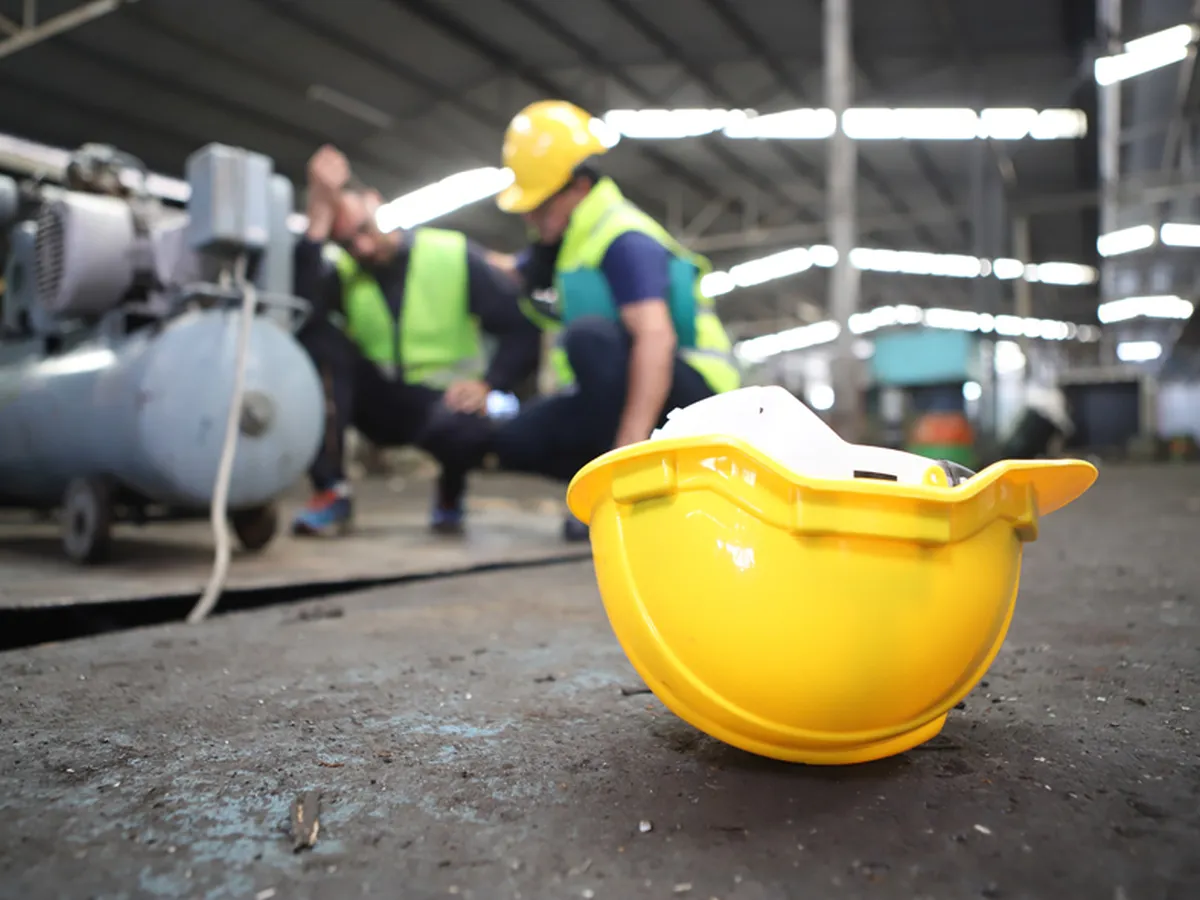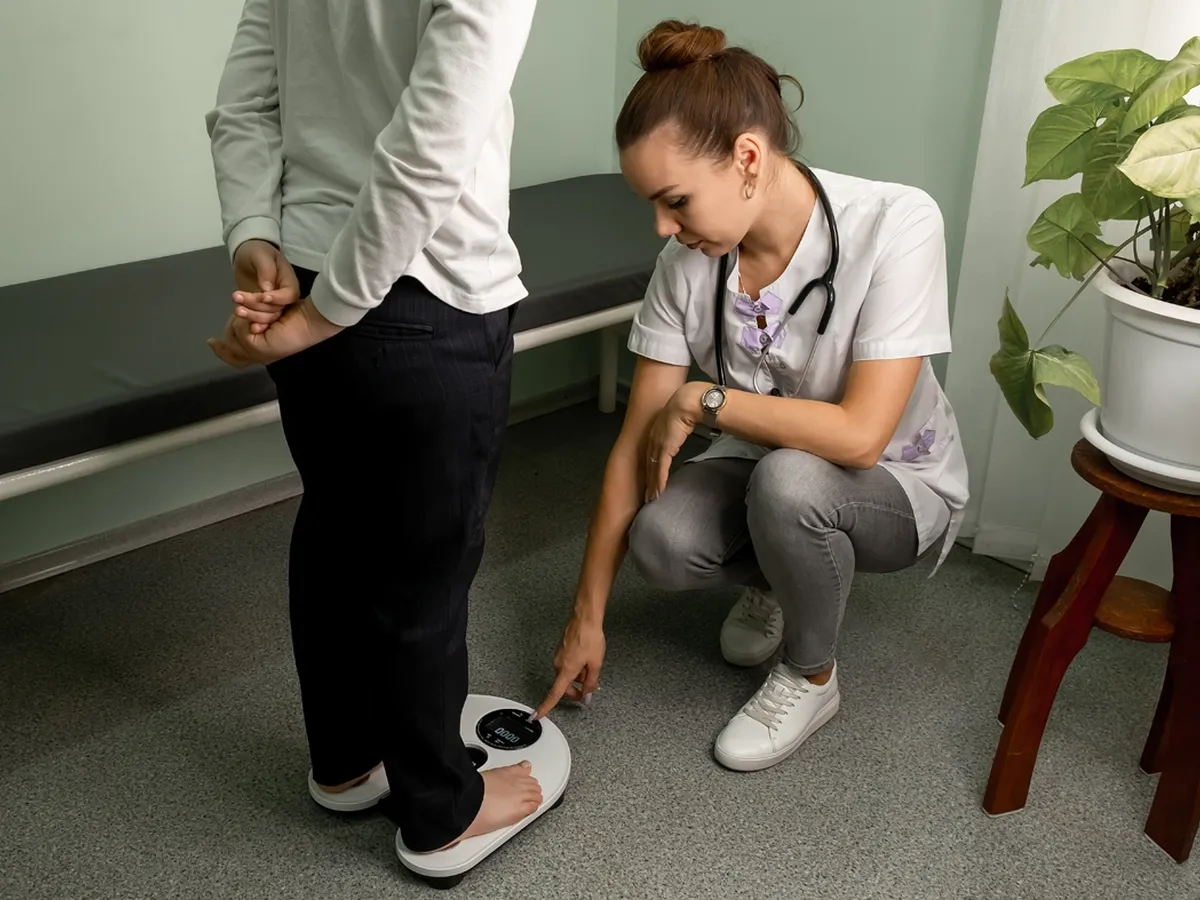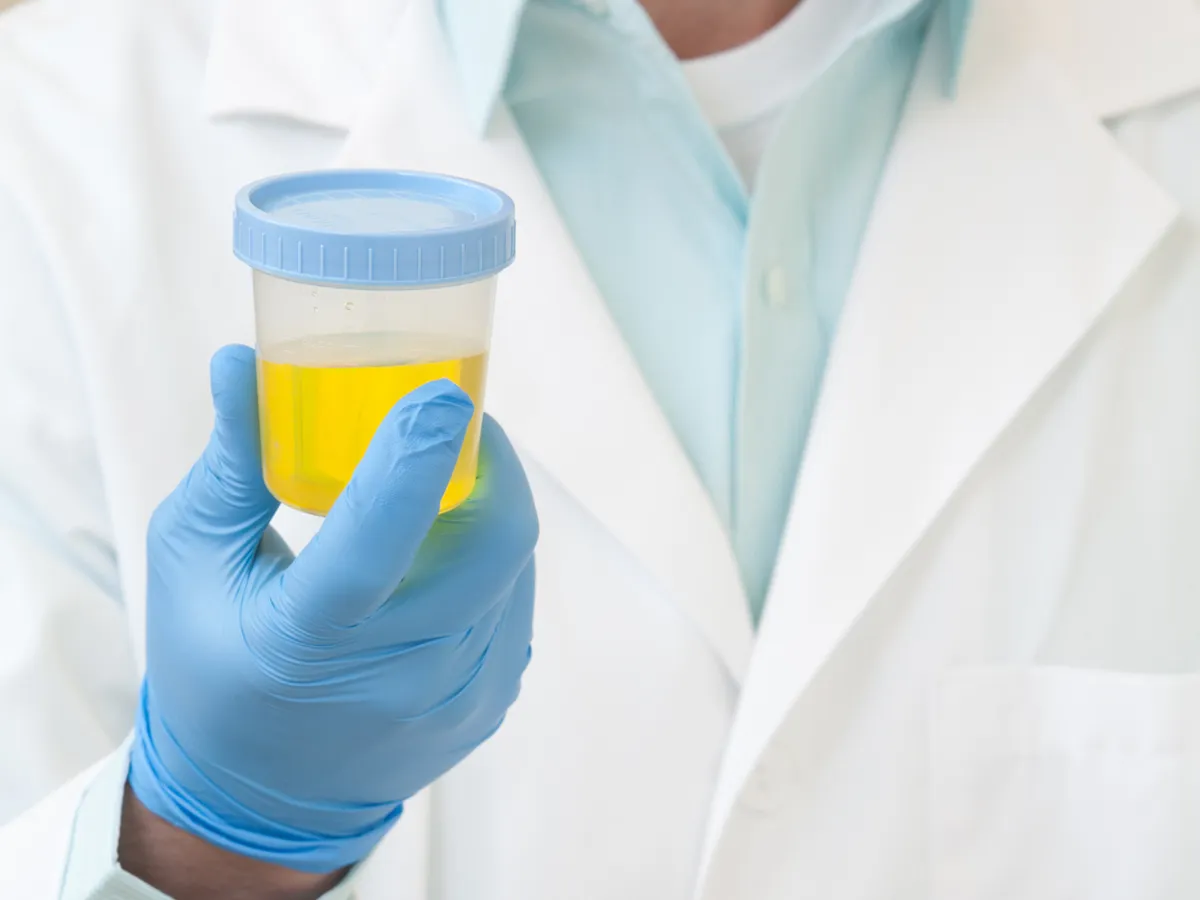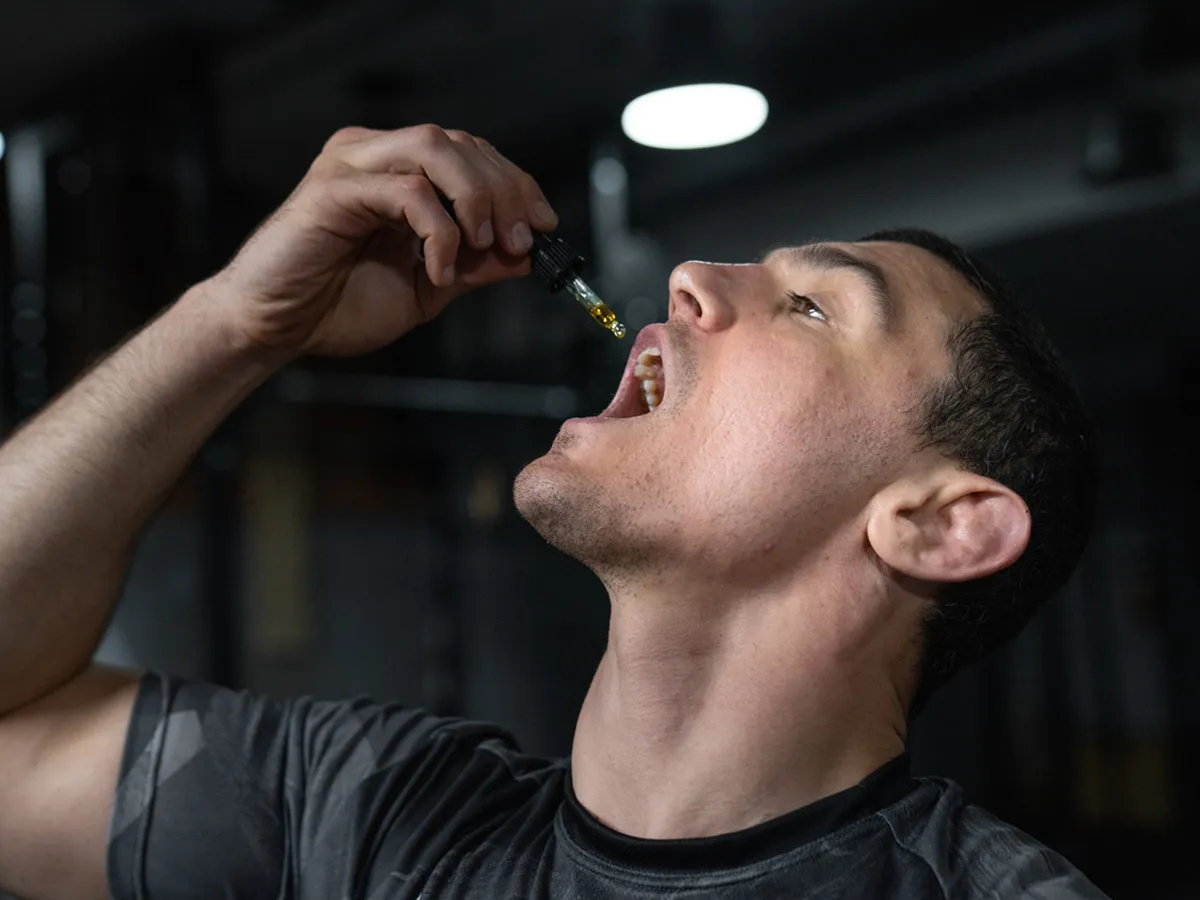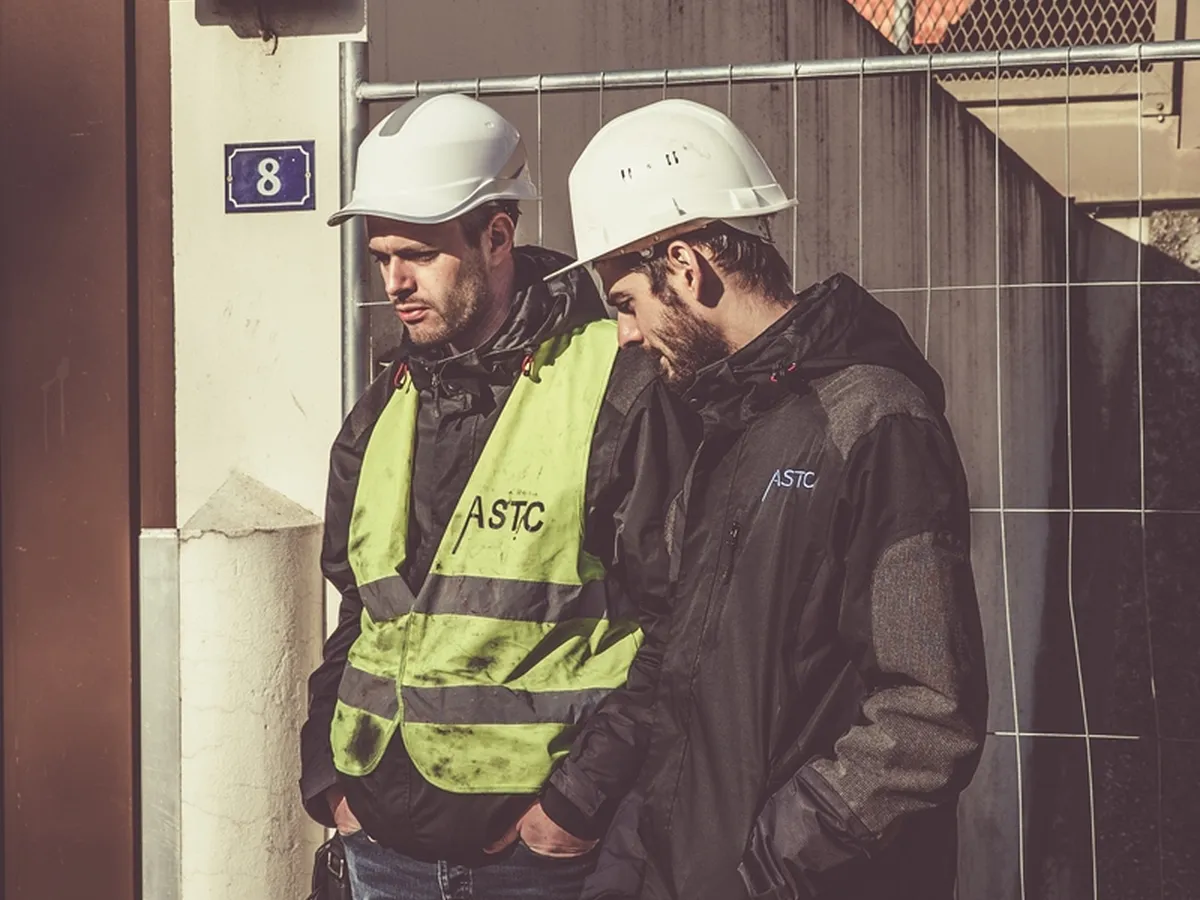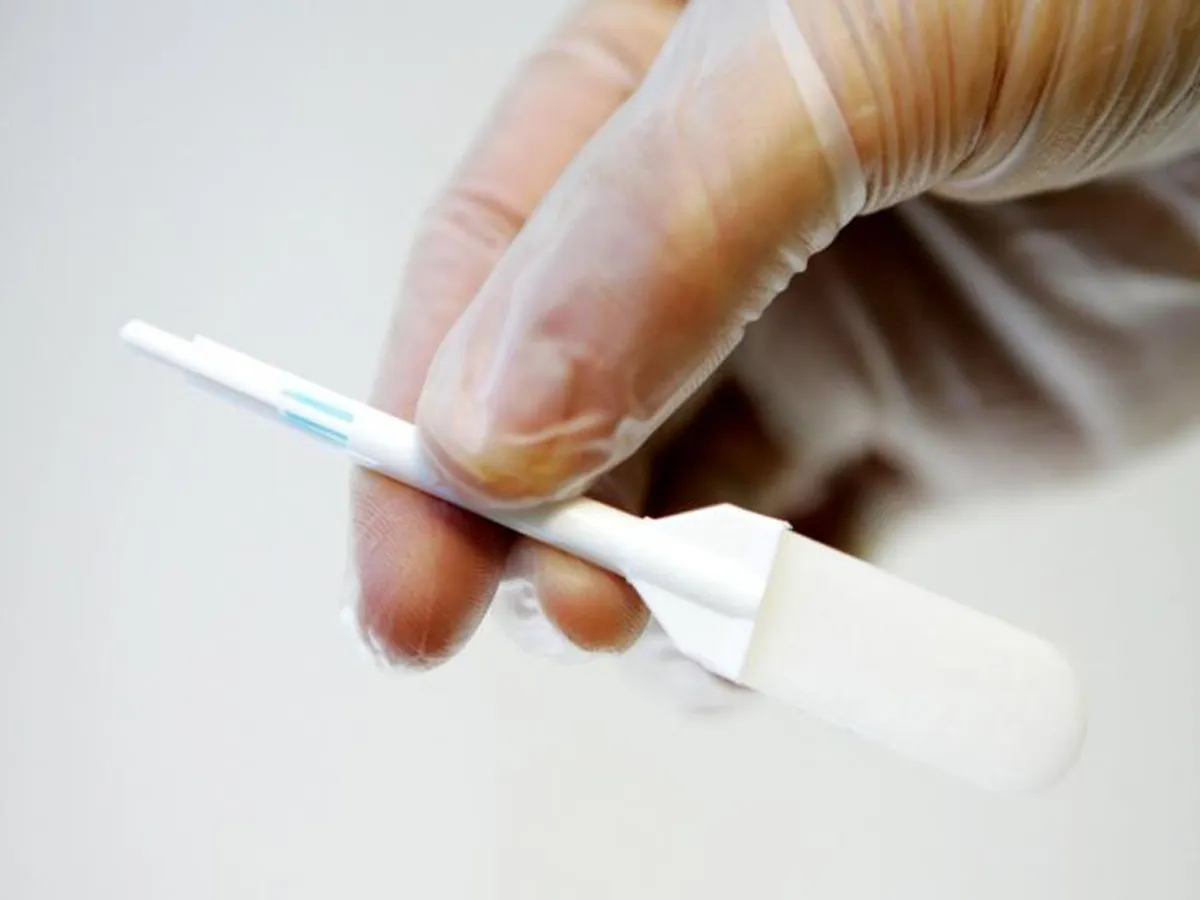Which workplace drug test is right for your business?
When introducing workplace drug testing, it’s important to understand the options available to you as an organisation and employer. In addition, you must ensure the types of drug tests you implement align with your drug and alcohol policy.

Pre-employment drug testing
Widely used in safety critical industries, pre-employment drug and alcohol testing can be an important part of the recruitment process. If an applicant fails the test, this usually results in rejection, and they will no longer be considered for the position. However, although applicants are not employees, it is important that best practice procedures are in place. This includes written consent, disclosure of medication, and laboratory confirmation testing for non-negative screens.
Random drug testing
Random drug and alcohol testing involves selecting employees at random from the workforce to be tested. We recommend regular testing intervals, for example, monthly or quarterly, aiming to test at least 20% of the workforce annually.
Regular random testing that becomes part of the company’s health and safety culture, is an excellent deterrent of drug and alcohol use in the workplace. An effective random testing program will balance the frequency of testing to act as a deterrent, and any disruption to the operation of the business.
Once random testing becomes part of what you do, dramatic results can be seen in the reduction of drug or alcohol related incidents. In addition, we can support you with the finer and important details of implementing random drug testing. This includes advice on testing safety critical personnel only, to ensuring that the method of randomly choosing employees to be tested is fair and transparent.
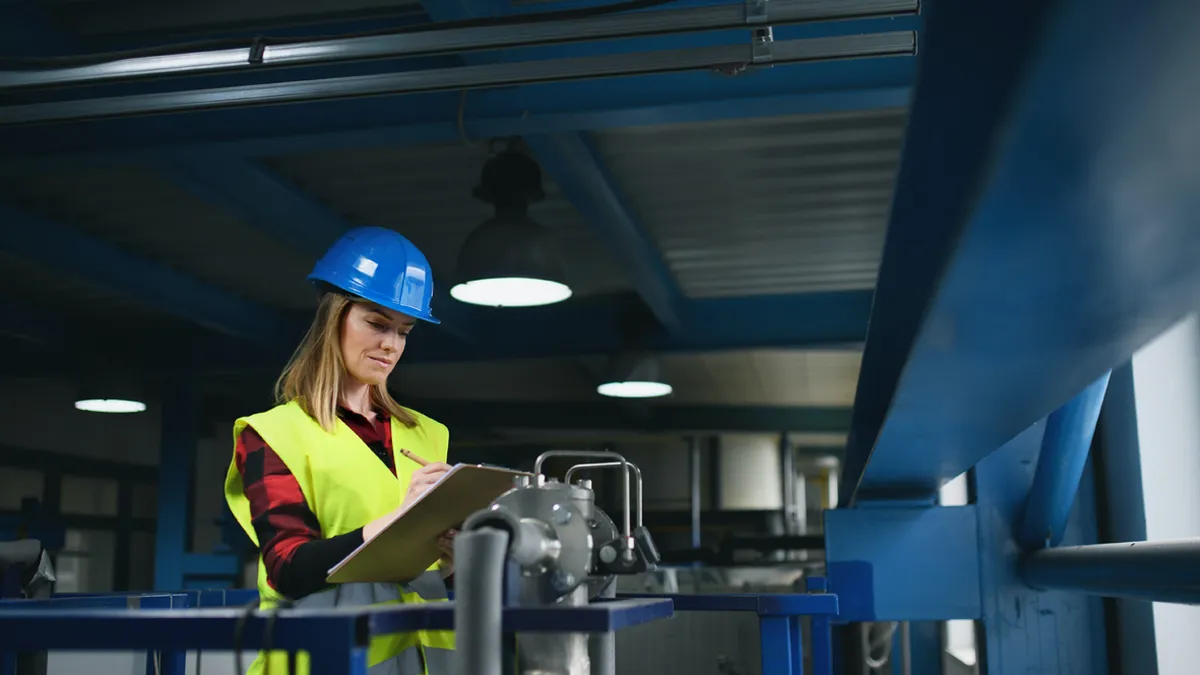
Periodic drug testing
Periodic drug and alcohol testing is usually a mandatory requirement for most safety critical roles in an organisation. It means that an employee will normally be drug tested at least once annually. This is regardless of whether they are randomly selected for drug testing.
For-cause drug testing
This is used when the employer has ‘cause’ to suspect, or there is reasonable suspicion, that an employee’s ability to perform their role is impacted because of drug or alcohol use.
Reasonable suspicion means that the employer has a legitimate reason, based on evidence, to believe the employee has been taking drugs or consuming alcohol. Reasonable suspicion depends on circumstances and can differ, examples include:
- Direct observation of, or physical symptoms of drug use (slurred speech, uncoordinated movement, etc).
- A report from a credible source that an employee is using drugs or alcohol in work.
- Evidence that an employee has tampered with his/her drug results.
- Abnormal conduct. For example, erratic behaviour while at work or significant deterioration in work performance.
- Evidence that the employee has used, possessed, or sold drugs while working or at work.
As part of the justification for testing, all evidence must be documented and collated. Including statements, CCTV footage and forensic evidence. In other words, suspicion must not be based on guesswork or a hunch, as this could constitute as discrimination against the employee. Evidence will also play an important role in any subsequent police involvement or employment tribunal.
We have well established procedures and working templates available to assist in the development and implementation of for-cause testing. We will also advise on best practice and the common pitfalls to avoid.
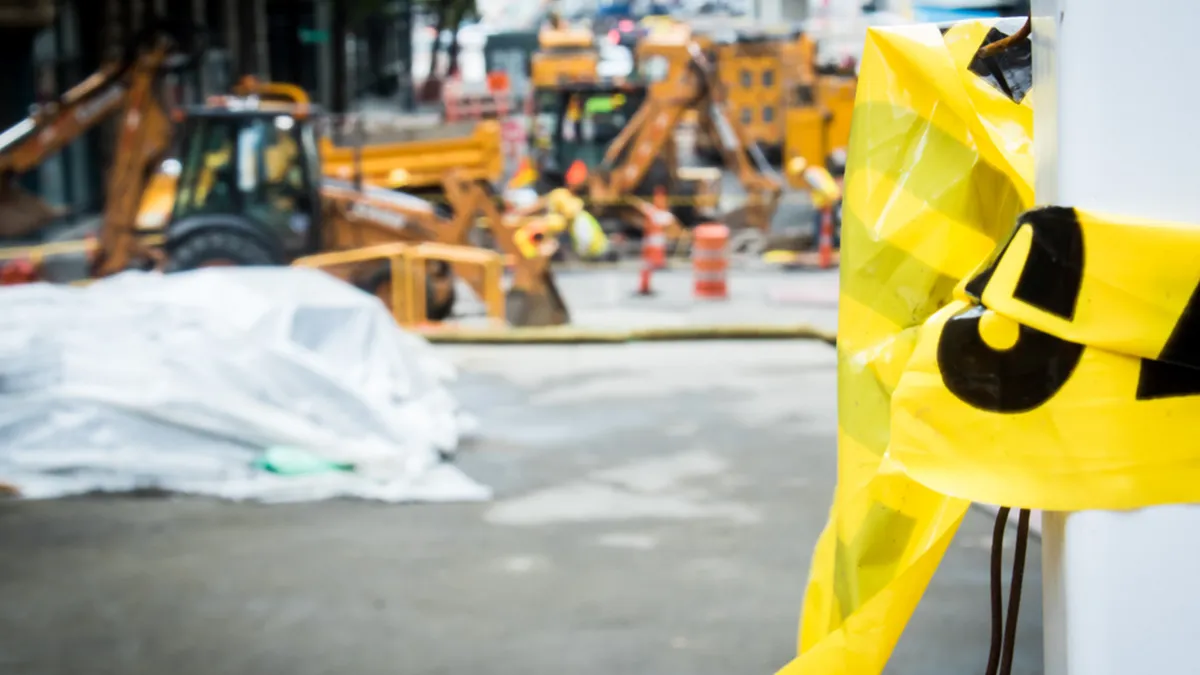
Post-accident drug testing
While employees operating heavy plant and machinery can be at particular risk, there are other less apparent situations when the increased risk of an accident could occur due to drug or alcohol use. For example, driving to and from work, or simply using stairs in an office.
Post-accident testing must form part of any investigation. Employees will be subject to testing whenever they cause or contribute to an accident of any kind, which results in or had the potential to result in damage or injury to self or others.
Post-incident drug testing
These tests are like post-accident. However, including this test classification within the policy, allows testing to be performed following others forms of incidents. For example, an instance of aggressive behaviour from an employee, or employees getting into a physical confrontation.
Follow-up drug testing
While some organisations have a zero-tolerance approach to drug and alcohol use in the workplace, there are others that view rehabilitation of employees in certain situations as more effective.
Part of the rehabilitation normally involves regular drug and alcohol testing over an agreed time. In most cases, this approach has proved successful, with obvious benefits to both the employer and employee. However, it is important that this approach is underpinned by robust and legally compliant employment policies and contracts.
Immediate response call-out service
To facilitate for-cause and post-accident/incident testing, we offer an immediate response call-out as part of a service level agreement. This is to attend a specified location in the UK* within 2 to 3 hours**. This service is available 365 days a year, 24 hours a day. Annual management and renewal fees apply.
* Geographical limitations may apply
** Based on normal travel conditions
Service related articles...
Our Headquarters
Crystal Health Group
The Old Chapel
Manchester
M30 0NG

